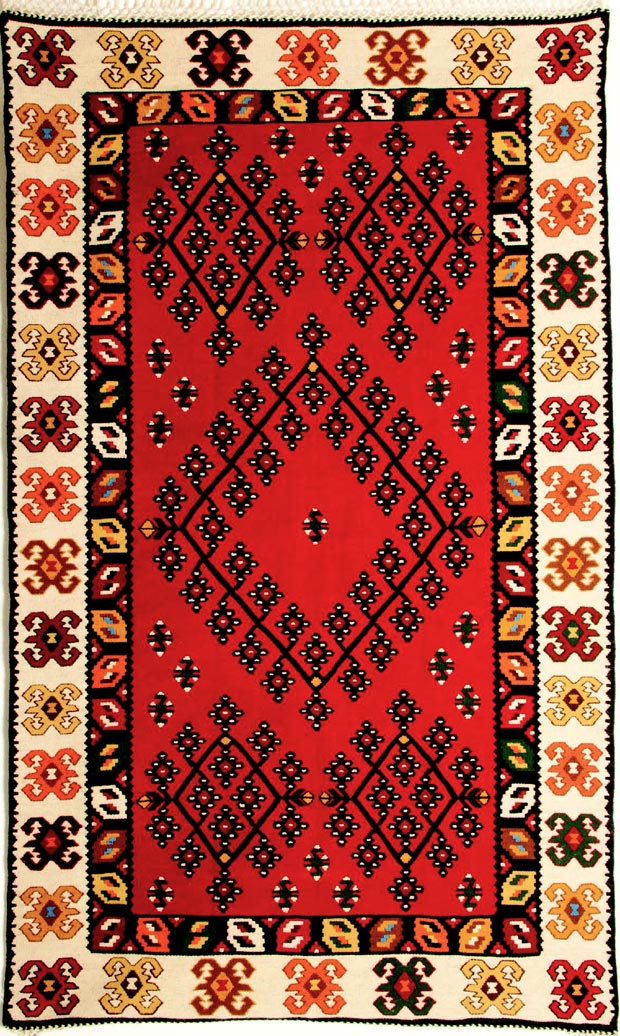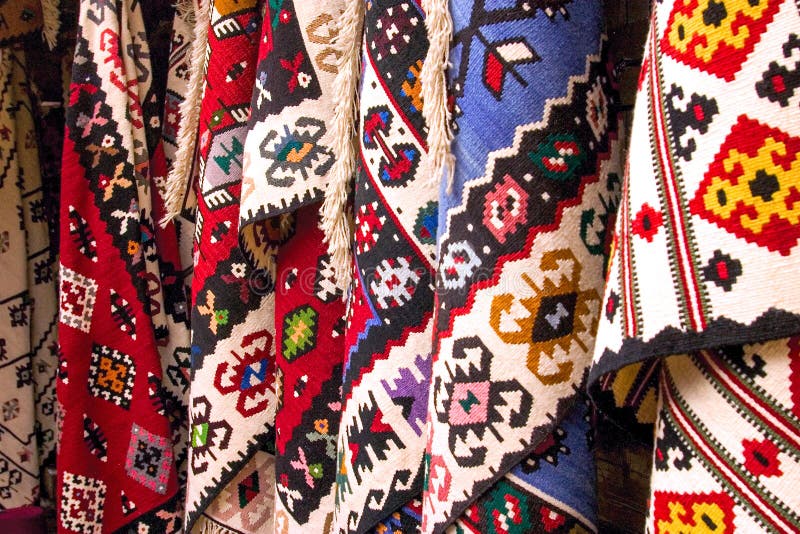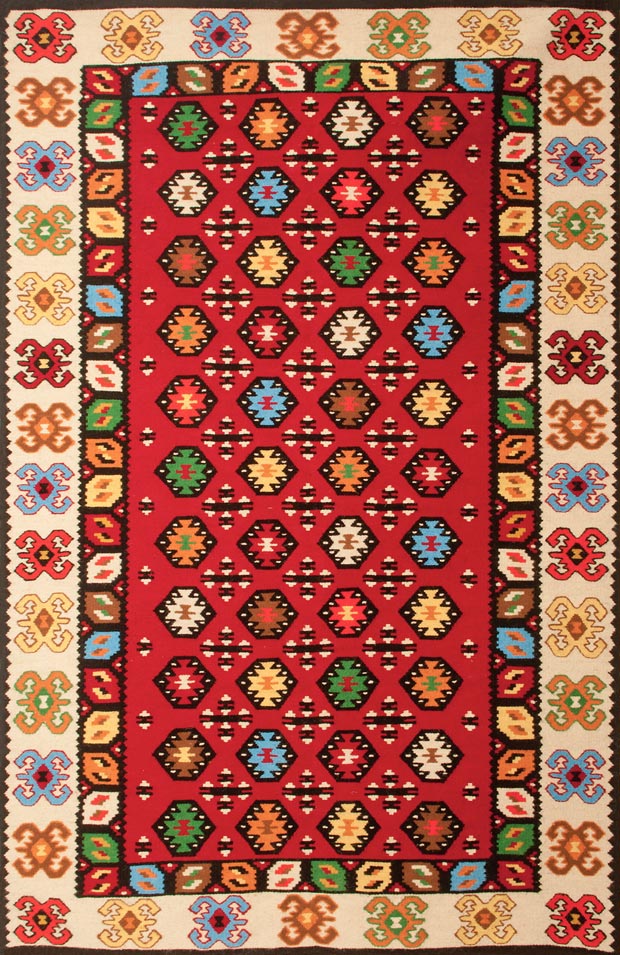Bosnia and Herzegovina: A Balkan Tapestry Woven with History and Beauty
Related Articles: Bosnia and Herzegovina: A Balkan Tapestry Woven with History and Beauty
Introduction
In this auspicious occasion, we are delighted to delve into the intriguing topic related to Bosnia and Herzegovina: A Balkan Tapestry Woven with History and Beauty. Let’s weave interesting information and offer fresh perspectives to the readers.
Table of Content
Bosnia and Herzegovina: A Balkan Tapestry Woven with History and Beauty

Bosnia and Herzegovina, often simply referred to as Bosnia, is a landlocked country nestled in the heart of the Balkan Peninsula. Located in southeastern Europe, it shares borders with Croatia, Serbia, Montenegro, and a small sliver of coastline with the Adriatic Sea. This strategic position has shaped its history, culture, and landscape, making Bosnia a compelling destination for travelers and a fascinating study for historians, geographers, and social scientists alike.
A Complex History: From Ottoman Empire to Modernity
Bosnia’s history is a tapestry woven with threads of diverse empires and cultures. The region was once part of the Roman Empire, later falling under the influence of the Byzantine Empire. In the 15th century, the Ottoman Empire conquered the territory, ushering in a period of significant cultural exchange and religious tolerance. The Ottoman influence is still visible today in Bosnia’s architecture, cuisine, and language.
The Austro-Hungarian Empire annexed Bosnia in 1908, sparking tensions that ultimately led to the assassination of Archduke Franz Ferdinand, the event that triggered World War I. In the aftermath of the war, Bosnia became part of the Kingdom of Yugoslavia. However, ethnic tensions continued to simmer, culminating in the devastating Bosnian War (1992-1995), a brutal conflict fueled by nationalist ambitions and a desire for independence.
The war left deep scars on the country and its people, but it also paved the way for Bosnia’s independence, which was declared in 1992. The war’s legacy continues to shape the country’s political landscape, with the Dayton Agreement, which ended the conflict, establishing a complex system of governance that balances the interests of the country’s three main ethnic groups: Bosniaks, Serbs, and Croats.
A Land of Natural Wonders and Cultural Diversity
Despite its turbulent past, Bosnia is a country of breathtaking beauty. The rugged Dinaric Alps, which traverse the country, offer stunning mountain vistas, pristine forests, and crystal-clear lakes. The most famous of these is Lake Bled, a glacial lake nestled in the heart of the Julian Alps, renowned for its picturesque island with its charming church and the surrounding forested slopes. The Neretva River, flowing through the heart of the country, is a scenic waterway that offers opportunities for whitewater rafting, kayaking, and exploring the surrounding natural beauty.
Bosnia’s cultural landscape is equally diverse, reflecting its rich history and the influence of various civilizations. The Ottoman Empire left its mark in the form of mosques, bridges, and traditional houses, particularly in Sarajevo, the capital city. The city’s iconic Bascarsija district, with its cobbled streets, bustling markets, and traditional cafes, offers a glimpse into the Ottoman era.
Bosnian cuisine is a delicious fusion of Balkan, Mediterranean, and Ottoman influences. Dishes like cevapi (grilled meat skewers), burek (savory pastry filled with meat or cheese), and sarma (stuffed cabbage rolls) are staples of Bosnian gastronomy. The country also boasts a vibrant musical tradition, with traditional folk music, sevdah (a melancholic genre), and modern pop music all contributing to the country’s rich cultural tapestry.
Challenges and Opportunities: A Nation in Transition
Despite its beauty and rich heritage, Bosnia faces significant challenges. The country’s political system, inherited from the Dayton Agreement, is complex and often inefficient, hindering economic development and social progress. Unemployment remains high, particularly among young people, and the country’s infrastructure needs significant investment.
However, Bosnia also has the potential to overcome these challenges. The country’s strategic location offers opportunities for trade and investment, particularly in the fields of tourism, energy, and agriculture. The country’s young and educated population is eager to contribute to the country’s development, and there is a growing sense of optimism about the future.
Frequently Asked Questions about Bosnia and Herzegovina:
1. What is the official language of Bosnia and Herzegovina?
Bosnian, Serbian, and Croatian are the official languages of Bosnia and Herzegovina. These languages are mutually intelligible, with minor differences in pronunciation and vocabulary.
2. What is the currency of Bosnia and Herzegovina?
The official currency of Bosnia and Herzegovina is the convertible mark (BAM), which is pegged to the euro.
3. Is it safe to travel to Bosnia and Herzegovina?
Bosnia and Herzegovina is generally considered a safe country for travelers. However, it is always advisable to exercise caution and stay informed about the latest security advisories.
4. What are some of the best places to visit in Bosnia and Herzegovina?
Some of the top tourist destinations in Bosnia and Herzegovina include:
- Sarajevo: The capital city, known for its historic architecture, bustling markets, and vibrant cultural scene.
- Mostar: A city famous for its iconic Stari Most (Old Bridge), a 16th-century Ottoman bridge that was rebuilt after being destroyed during the Bosnian War.
- Banja Luka: The largest city in the Republika Srpska entity, known for its parks, museums, and vibrant nightlife.
- Jajce: A historic town with a medieval fortress, waterfalls, and a picturesque old town.
- Kravice Waterfalls: A stunning natural wonder, featuring cascading waterfalls and lush greenery.
5. What are some tips for traveling to Bosnia and Herzegovina?
- Learn a few basic phrases in Bosnian. This will be helpful when interacting with locals and navigating the country.
- Pack comfortable shoes. Bosnia is a hilly country, and you’ll be doing a lot of walking.
- Be prepared for different weather conditions. Bosnia has four distinct seasons, so pack accordingly.
- Try the local cuisine. Bosnian food is delicious and affordable, and a great way to experience the country’s culture.
- Respect the local customs and traditions. Bosnia is a conservative country, so it’s important to dress modestly and be respectful of local customs.
Conclusion: A Nation Embracing the Future
Bosnia and Herzegovina is a country that has endured immense hardship, but it is also a country that has shown remarkable resilience. Its people are proud of their heritage and determined to build a better future for themselves and their children. As the country continues to heal from the wounds of war and embraces the opportunities that lie ahead, it is poised to become a destination of choice for travelers seeking authentic experiences, breathtaking landscapes, and a glimpse into the heart of the Balkans. Bosnia, with its rich history, diverse culture, and stunning natural beauty, is a country that deserves to be explored and appreciated.


-IslamicArtsMagazine.jpg)





Closure
Thus, we hope this article has provided valuable insights into Bosnia and Herzegovina: A Balkan Tapestry Woven with History and Beauty. We hope you find this article informative and beneficial. See you in our next article!